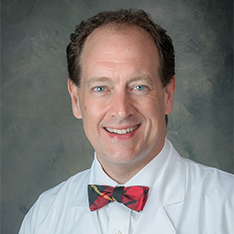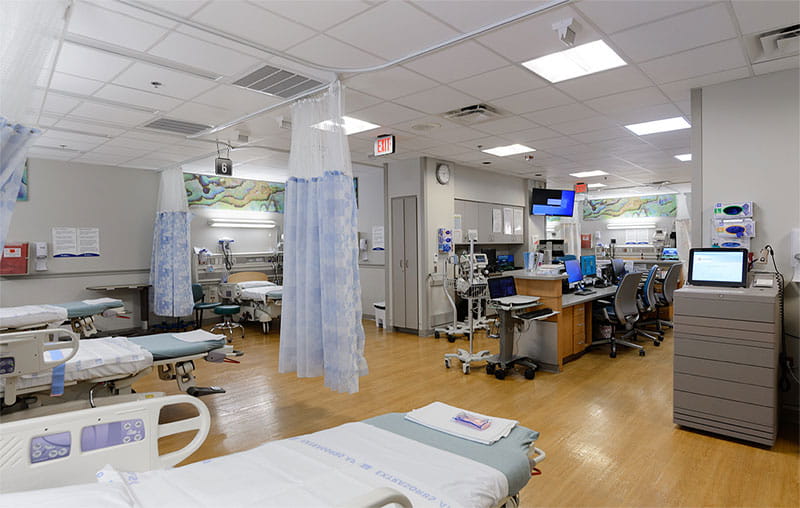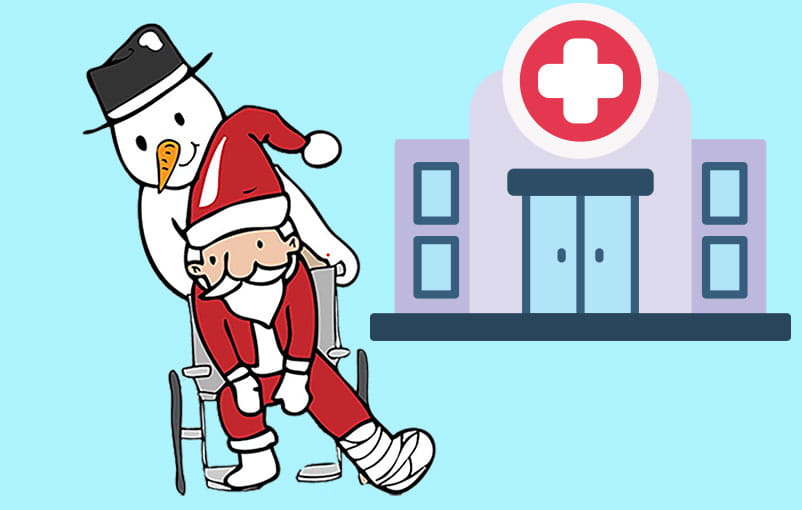Post-traumatic stress disorder isn’t just a wartime phenomenon. The leading cause, experts say, is motor vehicle accidents — which can happen to anyone.
Symptoms, which usually begin within three months of a traumatic event but can surface years later in some cases, can interfere with the normal activities of life. Symptoms can include flashbacks, nightmares, avoiding reminders or feelings of the traumatic event, difficulty sleeping, angry outbursts, negative thoughts and loss of interest enjoyable activities.
Dr. Christopher Wallace, a psychiatrist with University Medicine Associates — University Health's nonprofit physician practice group — said the faster someone can get help, the better.
“Many go for years without coming forward for treatment because they are not sure they would be able to be helped,” Dr. Wallace told KENS 5.
In an interview for Real Men Wear Gowns, an ongoing partnership between University Health and KENS 5 to raise awareness of men’s health concerns, Todd Mayberry, 45, recalled his PTSD began after a motorcycle wreck while serving in Korea.
“My commander at the time…pulled me aside one day and say, ‘Todd, are you OK?’ And I said, ‘no I’m not.’ And he says, ‘you need to talk to a professional about what’s going on with you,’” Mayberry said.
More information about University Health’s behavioral health resources can be found here. Other local resources can be found here.
See the complete story on KENS here.





